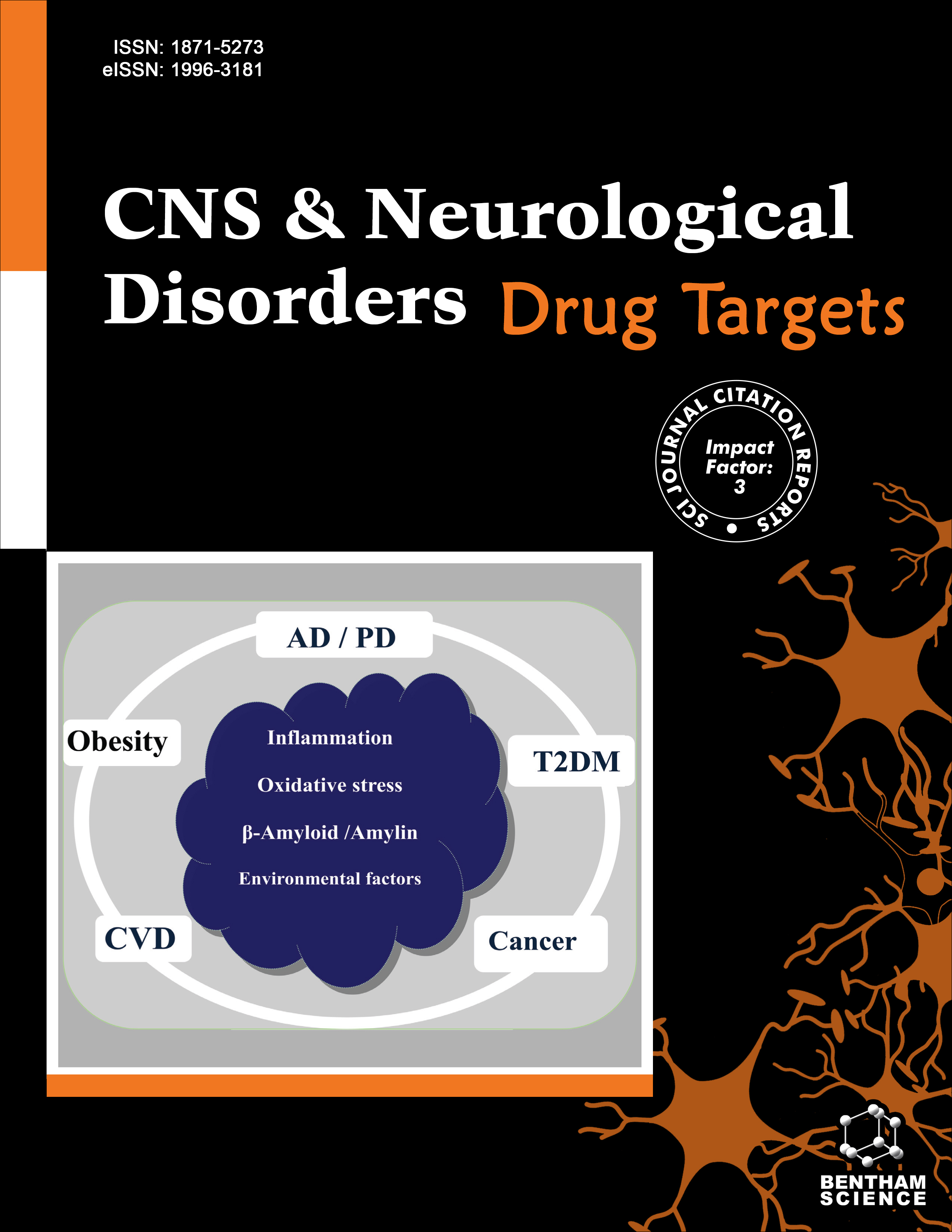
Full text loading...

Alzheimer's disease (AD) is the primary cause of dementia and a significant threat to healthy aging. The prevalence of AD and other non-communicable diseases (NCDs) is significantly influenced by the progressive decline in physiological functions that is associated with aging.
This review summarizes the results of drug interventions for AD that have been conducted in the past five years, with a particular emphasis on Phase I, Phase III, and Phase IV clinical trials. Systematic investigations of clinical trial registries and databases were employed to identify clinical trials. A total of 106 Phase I, 52 Phase III, and 13 Phase IV trials were considered, excluding studies on devices, biologics, and diagnostic tests.
this review summarizes a wide range of therapy approaches aimed at different facets of AD pathogenesis, including amyloid-beta aggregation, tau protein dysfunction, neuroinflammation, synapse loss, and metabolic dysregulation. AD’s complex nature highlights the need for multi-target treatment strategies, which may encompass combination therapies and innovative targets that show potential in addressing the complex pathogenesis of AD.
Current clinical studies demonstrate a variety of therapies aimed at various pathogenic processes of AD. Progress in therapeutic discovery, including synthetic molecules and bioactive natural materials, suggests potential strategies for successful AD treatment. The efficacy of natural products as therapeutic agents is especially significant because of their multi-target effects.
Effective strategies to prevent the progression of AD require a thorough comprehension of its complex pathophysiology. Current clinical studies are essential for discovering viable chemicals and treatment strategies to combat this multifactorial neurodegenerative disorder, AD.

Article metrics loading...

Full text loading...
References


Data & Media loading...